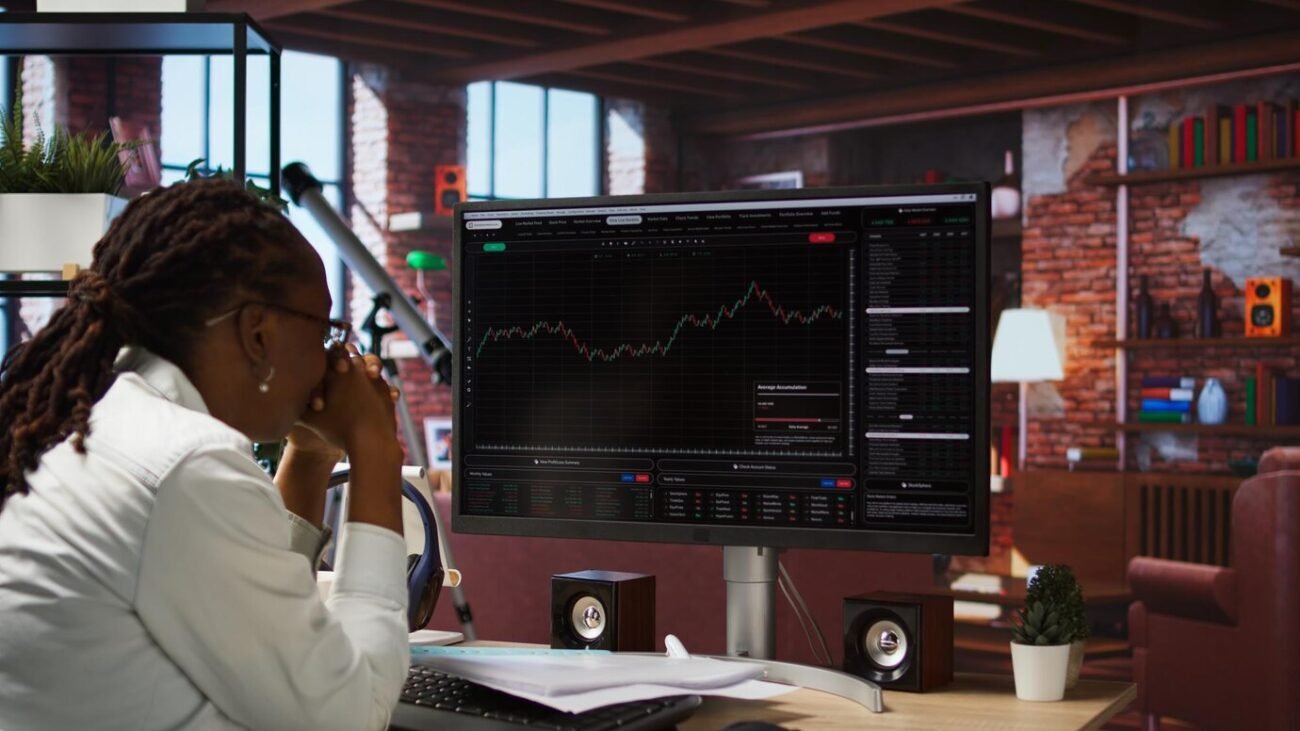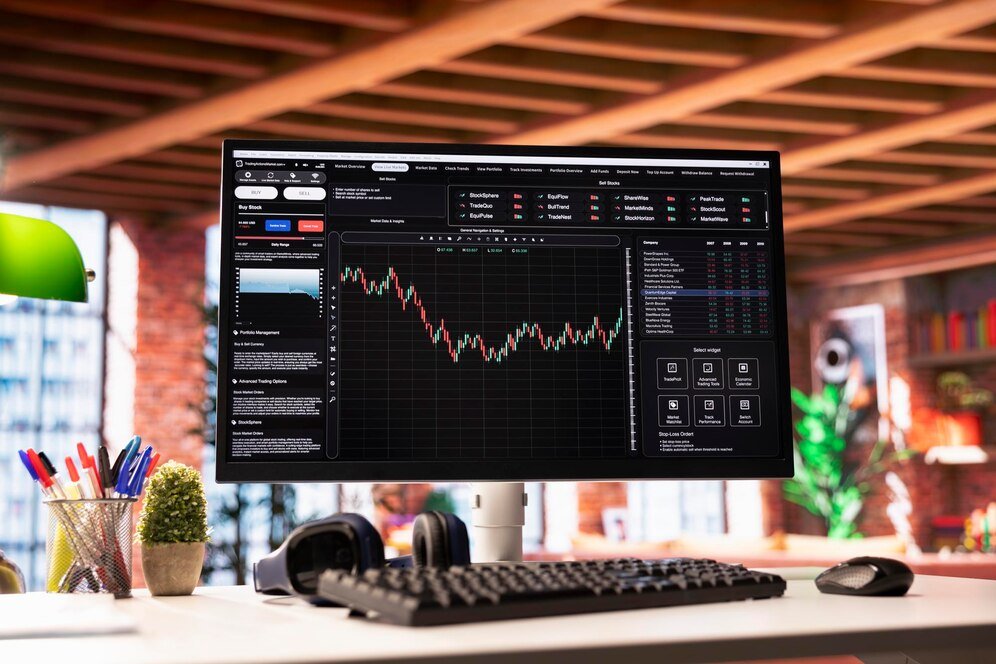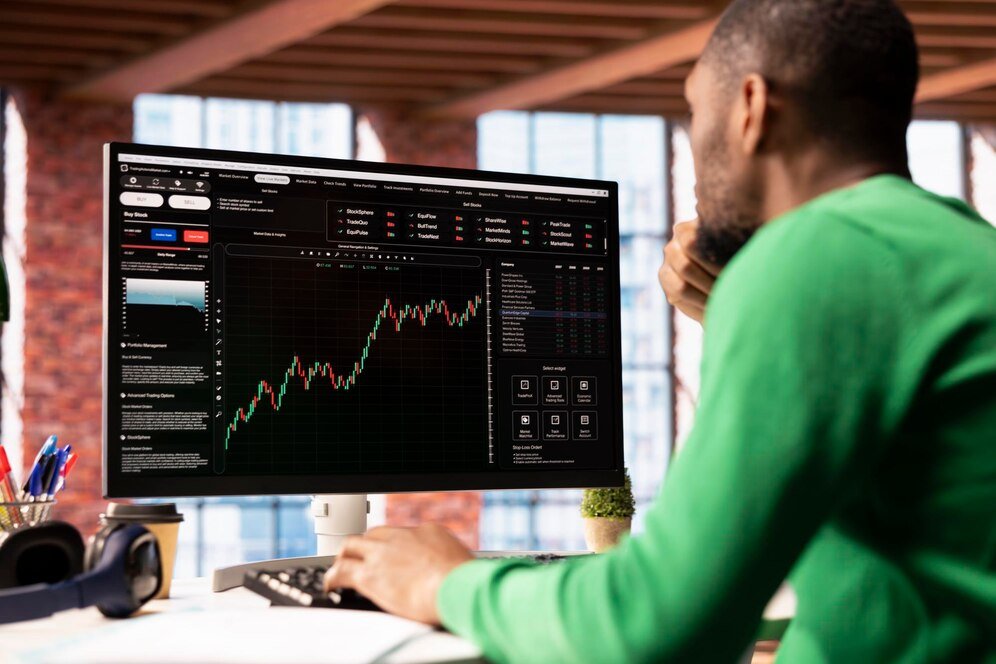As the cryptocurrency market continues to grow, selecting the right crypto exchange has become increasingly important for traders and investors. With numerous platforms offering various features, fees, and security measures, finding the best exchange for your trading needs can be a daunting task. In this blog, we’ll provide a comprehensive guide to help you choose the right crypto exchange.
1. Understand Your Trading Goals
Define Your Objectives
Before selecting an exchange, it’s essential to clarify your trading goals. Are you looking to buy and hold cryptocurrencies for the long term, or are you interested in day trading? Understanding your objectives will help you identify the features that matter most to you.
Consider Your Experience Level
Your level of experience plays a significant role in choosing an exchange. Beginners may prefer user-friendly platforms with educational resources, while experienced traders might seek advanced features like charting tools and API access.
2. Evaluate Security Features
Importance of Security
Security is paramount in the crypto space, where hacks and scams are not uncommon. Ensure that the exchange you choose has robust security measures in place to protect your funds.
Key Security Features to Look For
- Two-Factor Authentication (2FA): This adds an extra layer of security by requiring a second form of verification.
- Cold Storage: Exchanges that store the majority of their assets in cold wallets (offline) reduce the risk of hacks.
- Insurance Policies: Some exchanges offer insurance to protect users in case of a security breach.
3. Assess the Range of Supported Cryptocurrencies
Variety of Assets
Different exchanges support various cryptocurrencies. If you have specific coins in mind that you want to trade, ensure the exchange offers them. Popular exchanges typically support major cryptocurrencies like Bitcoin (BTC), Ethereum (ETH), and Litecoin (LTC), but the selection of altcoins varies.
Trading Pairs
Check the availability of trading pairs. For example, if you want to trade BTC for ETH, ensure the exchange provides this pair. A wider range of trading pairs can enhance your trading flexibility.
4. Review Fees and Costs
Understanding Fee Structures
Exchanges typically charge various fees, including trading fees, deposit fees, and withdrawal fees. Familiarize yourself with the fee structure of any exchange you’re considering.
- Trading Fees: These can be a flat rate or a percentage based on your trading volume. Look for exchanges with competitive fees that fit your trading style.
- Deposit and Withdrawal Fees: Some exchanges charge fees for depositing or withdrawing funds. Ensure you understand these costs, especially if you plan to move funds frequently.
5. User Experience and Interface
Intuitive Design
A well-designed user interface can significantly enhance your trading experience. Look for exchanges that offer an intuitive layout, making it easy to navigate and execute trades.
Mobile Accessibility
If you plan to trade on the go, consider whether the exchange has a mobile app. A good mobile experience allows you to monitor your investments and execute trades from anywhere.
6. Customer Support
Availability of Support
Responsive customer support can be a lifesaver in the fast-paced world of cryptocurrency trading. Look for exchanges that offer multiple support channels, such as live chat, email, and phone support.
Community and Resources
Some exchanges provide educational resources, FAQs, and community forums to help users navigate the platform. Access to these resources can be particularly beneficial for beginners.
7. Regulatory Compliance
Importance of Regulation
Regulatory compliance is crucial for ensuring that an exchange operates within the law and follows industry standards. Check whether the exchange is registered with relevant authorities and adheres to anti-money laundering (AML) and know your customer (KYC) regulations.
Reputation and Trustworthiness
Research the exchange’s reputation within the crypto community. User reviews and feedback can provide valuable insights into the exchange’s reliability and trustworthiness.
8. Test With a Small Amount
Start Small
Before committing a significant amount of funds, consider testing the exchange with a small deposit. This allows you to evaluate the platform’s functionality, speed, and ease of use without risking too much capital.
9. Conclusion
Choosing the best crypto exchange for your trading needs requires careful consideration of various factors, including security, fees, supported cryptocurrencies, and user experience. By understanding your trading goals and assessing different platforms, you can find an exchange that meets your requirements and enhances your trading experience.
In the ever-evolving world of cryptocurrency, making informed decisions will empower you to navigate the market effectively. Take your time, do your research, and choose wisely—your trading success depends on it!













